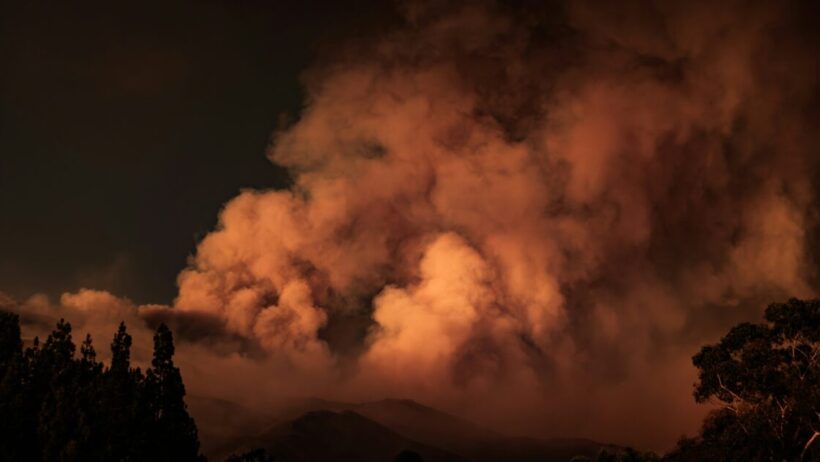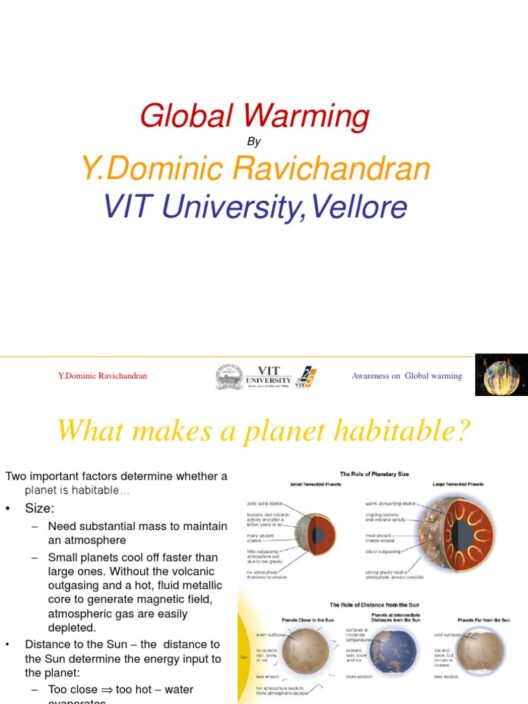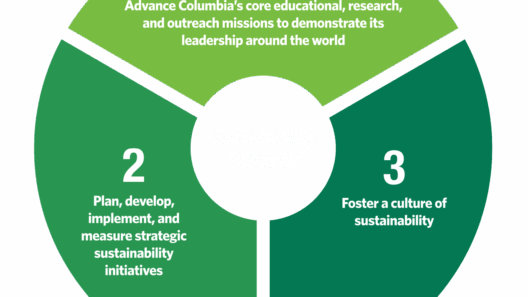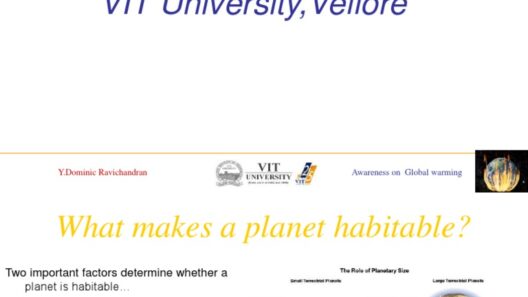Global warming is no longer a distant concern; it is an urgent reality that we are facing in 2024. The manifestations of climate change are becoming more evident, and its implications are dire. This discourse explores the alarming phenomenon of global warming, examining the latest scientific insights, the current impacts on ecosystems and human societies, and potential pathways forward.
The latest projections underscore the stark warming trajectory our planet is on. Recent data reveals that the average global temperature has risen approximately 1.2 degrees Celsius since the pre-industrial era, primarily due to anthropogenic greenhouse gas emissions. This seemingly modest increase has unleashed profound transformations across the globe, manifesting as severe weather phenomena, rising sea levels, and ecological disruptions.
One of the most conspicuous indicators of climate change is the increasing frequency of extreme weather events. In 2024, the world is witnessing unprecedented heatwaves, catastrophic floods, and destructive hurricanes. Countries that were once considered relatively insulated from such phenomena are grappling with devastation. The intensity and unpredictability of these events result from warmer air and oceans, which contribute to heightened moisture levels and atmospheric instability.
A closer examination of the climatic abnormalities reveals a troubling pattern: not only are weather events intensifying, but their frequency is also escalating. Research indicates that 2024 has already seen a double-digit increase in the number of climate-related disasters compared to previous years. The correlation between global warming and these extreme events is irrefutable, with scientists establishing a clear cause-and-effect relationship.
Moreover, the ramifications of climate change extend beyond immediate weather threats; they disrupt ecosystems, leading to biodiversity loss. Ecosystems that are exceptionally vulnerable, such as coral reefs and polar regions, are experiencing rapid degradation. Coral bleaching events have surged, driven primarily by elevated sea temperatures, resulting in the death of vast underwater ecosystems that play a vital role in marine biodiversity and coastal protection.
In the terrestrial realm, the consequences of rising temperatures are equally alarming. Species migration patterns are shifting as flora and fauna seek habitable climates. This not only threatens wildlife but also jeopardizes agricultural productivity. Crop yields are now increasingly threatened by climate variability, necessitating a reevaluation of food security on a global scale.
Water resources are also under unprecedented strain. Regions that were once rich in water face aridity and dwindling supplies, while others experience overwhelming floods. Freshwater scarcity is already impacting millions, forcing communities to confront a dual threat of floods and droughts. This hydrological imbalance is a direct consequence of global warming, which disrupts traditional rainfall patterns.
The psychological impacts of climate change cannot be overlooked. Communities subjected to extreme weather, such as droughts or flooding, experience profound mental health challenges. The uncertainty and trauma associated with loss and displacement lead to increased anxiety, depression, and other psychological conditions. As the climate crisis progresses, society must address these mental health implications alongside physical survival.
Despite these alarming signs, there is a burgeoning movement towards climate action. Governments, corporations, and individuals around the globe are recognizing the urgency to act. In 2024, international climate accords are even more critical in promoting cooperative approaches to diminish carbon footprints and transition to renewable energy sources. Nations are setting ambitious targets to reduce greenhouse gas emissions, although skepticism remains regarding their feasibility and enforcement.
Innovations in technology play a pivotal role in this transformational shift. Renewable energy solutions, such as solar, wind, and hydroelectric power, are gaining traction as viable alternatives to fossil fuels. The investment in electric vehicles is surging, indicating a conscious effort to reduce reliance on carbon-intensive transportation. However, the transition is not without challenges, including the need for substantial infrastructural changes and public buy-in.
Moreover, reforestation and restoration of natural habitats are increasingly recognized as potent strategies to sequester carbon dioxide. Initiatives aimed at preserving biodiversity and enhancing ecosystem resilience are becoming prevalent, providing natural solutions to mitigate climate impacts. The integration of nature into urban planning is also emerging as a critical component in reducing urban heat islands and enhancing biodiversity within metropolitan areas.
Another essential aspect of addressing climate change is education and community engagement. Awareness of the climate crisis can empower individuals and communities to take collective action. Grassroots movements are gaining strength worldwide, advocating for sustainable practices and demanding accountability from governments and corporations alike. These community-driven efforts can foster a culture of environmental stewardship that is crucial for long-term change.
Yet, despite the palpable momentum in climate action, challenges remain daunting. The ingrained dependency on fossil fuels, coupled with political resistance from certain factions, stymies progress. Misinformation regarding climate science undermines public understanding and hampers unified efforts. Therefore, combating this disinformation is vital to facilitate a cohesive strategy towards sustainability.
In conclusion, the state of global warming in 2024 is alarmingly dire, underscored by an array of extreme weather events, ecosystem disruptions, and socio-economic challenges. However, a collective response—rooted in technological innovation, community engagement, and international cooperation—holds the potential to reverse the tide. The urgent need for actionable solutions has never been clearer. The choice before humanity is stark: act decisively, or continue on a path of catastrophic climate consequences. The future of our planet hinges on the actions we take today.







